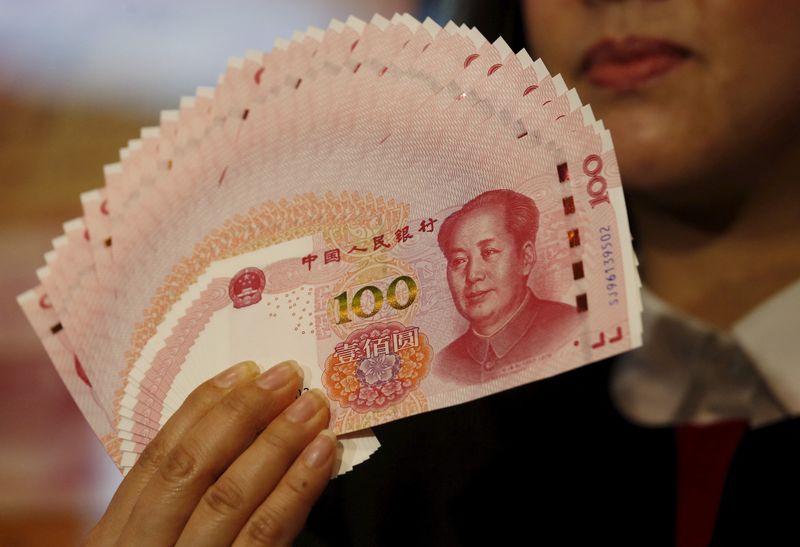By Ryan Woo, Ethan Wang and yukun zhang
BEIJING (Reuters) – In China’s take on Squid Game, fraudsters are preying on the financially distressed in a slumping economy with promises of prize money, debt restructuring and other schemes that are not always what is promised.
Unlike the dystopian South Korean TV series, which returns to the small screen for a second season on Thursday, Chinese players taking on “self-discipline” challenges do not risk their lives if they lose.
But courts have found some participants in isolation challenges – who pay hundreds of dollars to stay in a room for days, following prescribed rules in the hopes of winning as much as 1 million yuan ($140,000) – are being scammed. And regulators are warning people about dodgy debt relief claims.
Isolation challenges, often advertised on Douyin, as TikTok is known in China, have risen in popularity this year as the world’s second-biggest economy slows. It grew at the weakest pace in more than a year in the three months to September, spurring policymakers to pledge fresh measures to boost household incomes among other steps.
The long lists of rules in the challenges include toilet breaks not exceeding 15 minutes and bans on touching the alarm clock more than twice a day.
Many players cry foul when they do not survive their first day for infractions caught on surveillance cameras, which they dispute.
In October, a court in the eastern province of Shandong ordered an organiser to refund 5,400 yuan ($740) in sign-up fees to a player surnamed Sun, ruling the contract was unfair and “violated public order and good morals”.
Sun was trying to win 250,000 yuan by surviving a 30-day isolation challenge with rules forbidding smoking, use of electronic devices, consumption of alcohol and contact with anyone outside the room.
On the third day of the challenge, organisers said Sun had covered his face with a pillow, breaking a prohibition on players obscuring their faces.
The Cyberspace Administration of China, which regulates the country’s internet, and ByteDance, owner of Douyin, did not respond to Reuters requests for comment.
The National Financial Regulatory Administration (NFRA) warned the public on Tuesday not to fall for “debt intermediaries” claiming to help people restructure their borrowings or improve their credit profiles.
Touting their services through phone, texts, flyers and ads on social media, such intermediaries claim they can help secure new loans or provide temporary funds, but the regulator warned the services come with a high fee.


